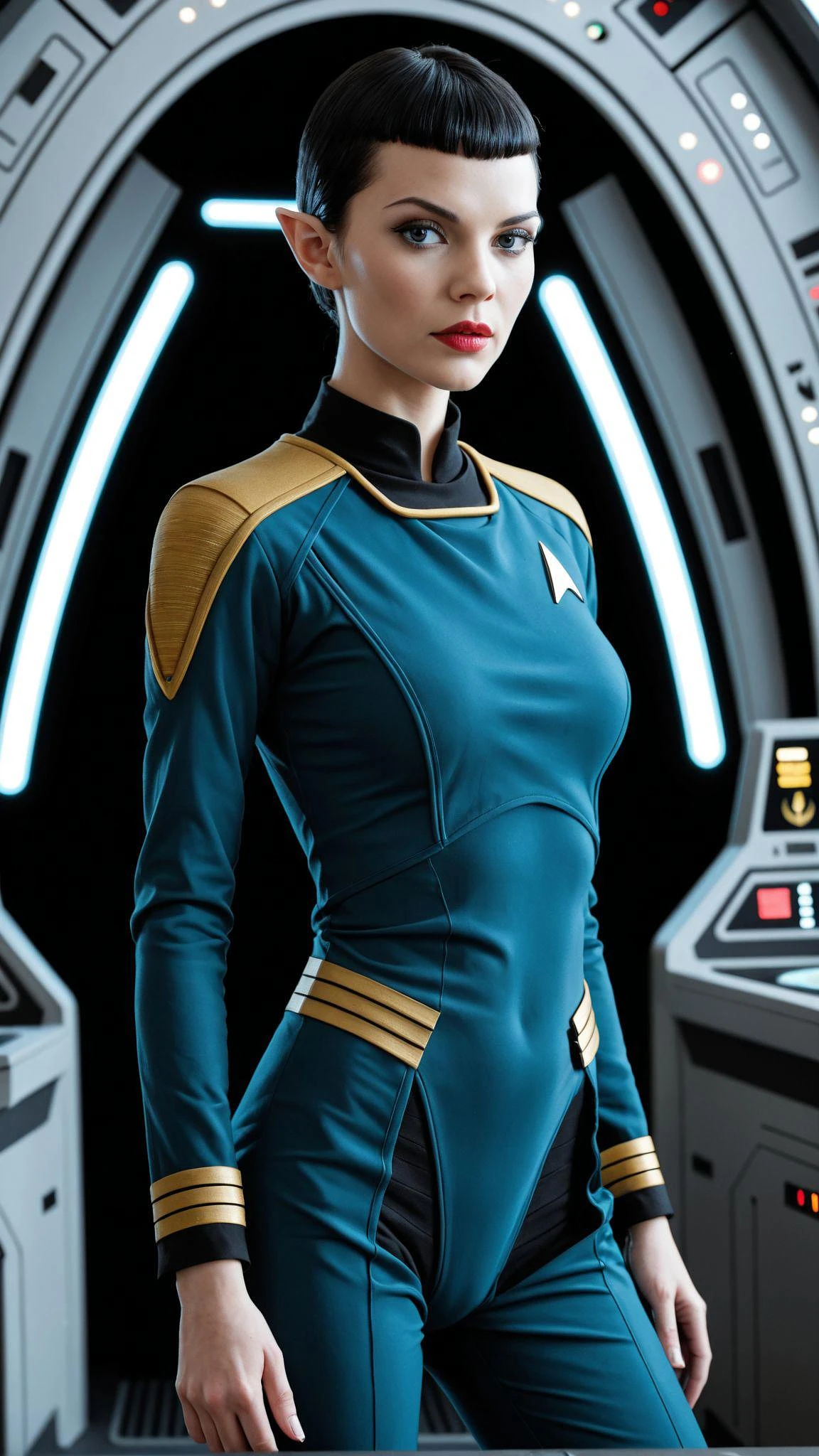Latent Chimera
v1.5e InpaintingLatent Chimera is an Illustrious based model with an emphasis on semi-realism.
Switching to Forge improved memory management significantly, making SDXL models more practical. After exploring various models, I decided to merge my favorites to experiment with new possibilities.
This model is the result of combining multiple sources using the SuperMerger extension for A1111. Through methods such as MBW, cosine interpolation, and static weight blending, I aimed to produce a composition distinct enough to warrant sharing—an outcome shaped by ongoing experimentation with merge strategies.
While the merged model is capable of generating NSFW content due to base model capabilities, no NSFW-specific fine-tuning was performed. My focus was on influencing overall bias toward art style, anatomical proportions, and the balance between creativity and realism.
The original models, all credited below, served not only as technical foundations but as creative catalysts. If the results here resonate with you, I encourage you to explore their work directly, as it was their thoughtful licensing and commitment to open collaboration that made this project viable.
Base:
Merged:
VAE is baked in:
All source model licenses were reviewed prior to merging, and the most permissive terms available under the inherited usage conditions were applied.
What is Latent Chimera?
Latent Chimera is a highly specialized Image generation AI Model of type Safetensors / Checkpoint AI Model created by AI community user lotophage01134. Derived from the powerful Stable Diffusion (Illustrious) model, Latent Chimera has undergone an extensive fine-tuning process, leveraging the power of a dataset consisting of images generated by other AI models or user-contributed data. This fine-tuning process ensures that Latent Chimera is capable of generating images that are highly relevant to the specific use-cases it was designed for, such as base model, semi-realistic, nsfw.
With a rating of 0 and over 0 ratings, Latent Chimera is a popular choice among users for generating high-quality images from text prompts.
Can I download Latent Chimera?
Yes! You can download the latest version of Latent Chimera from here.
How to use Latent Chimera?
To use Latent Chimera, download the model checkpoint file and set up an UI for running Stable Diffusion models (for example, AUTOMATIC1111). Then, provide the model with a detailed text prompt to generate an image. Experiment with different prompts and settings to achieve the desired results. If this sounds a bit complicated, check out our initial guide to Stable Diffusion – it might be of help. And if you really want to dive deep into AI image generation and understand how set up AUTOMATIC1111 to use Safetensors / Checkpoint AI Models like Latent Chimera, check out our crash course in AI image generation.
Popularity
Info
Latest version (v1.5e Inpainting): 1 File
6 Versions
Go ahead and upload yours!





